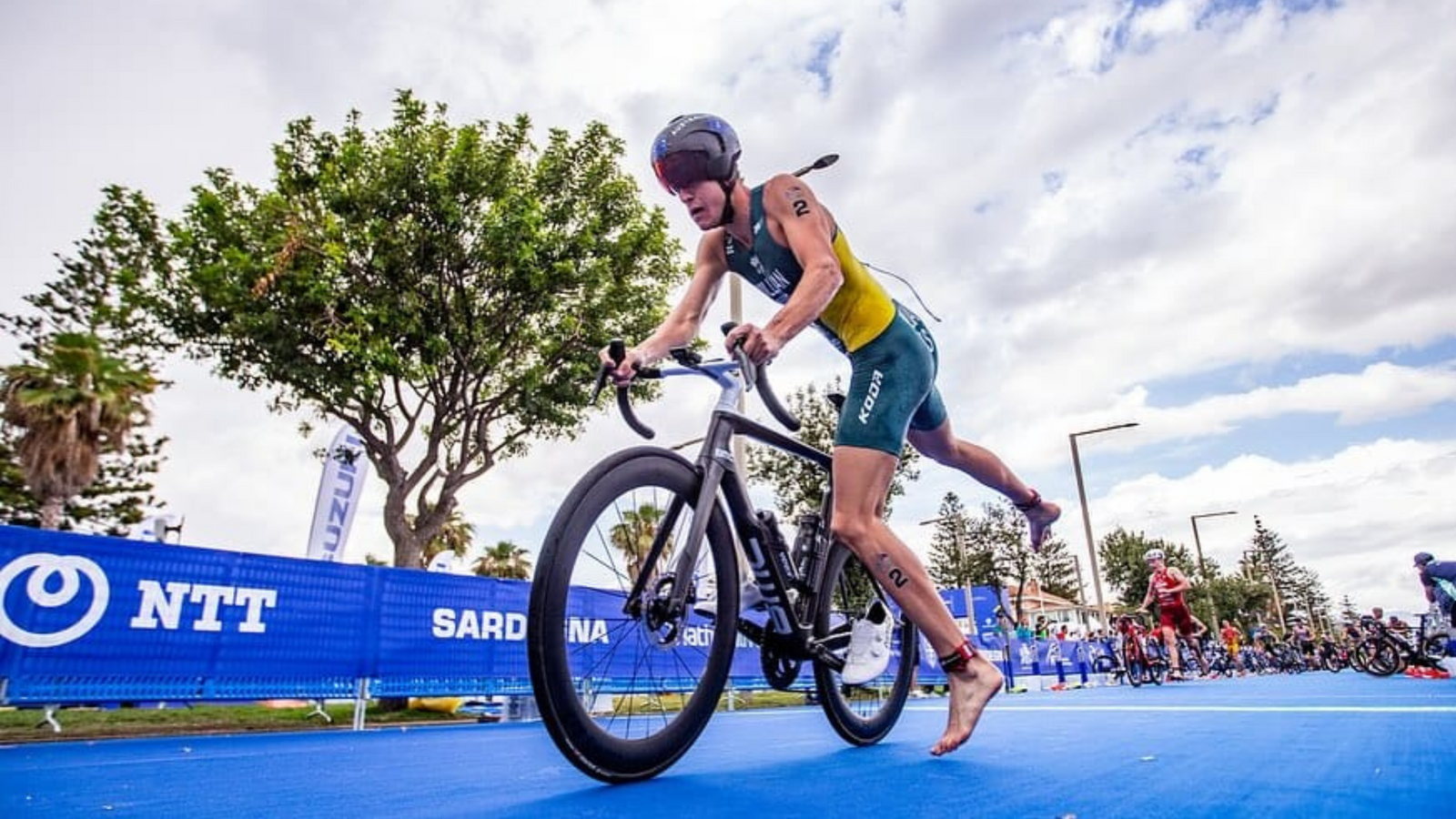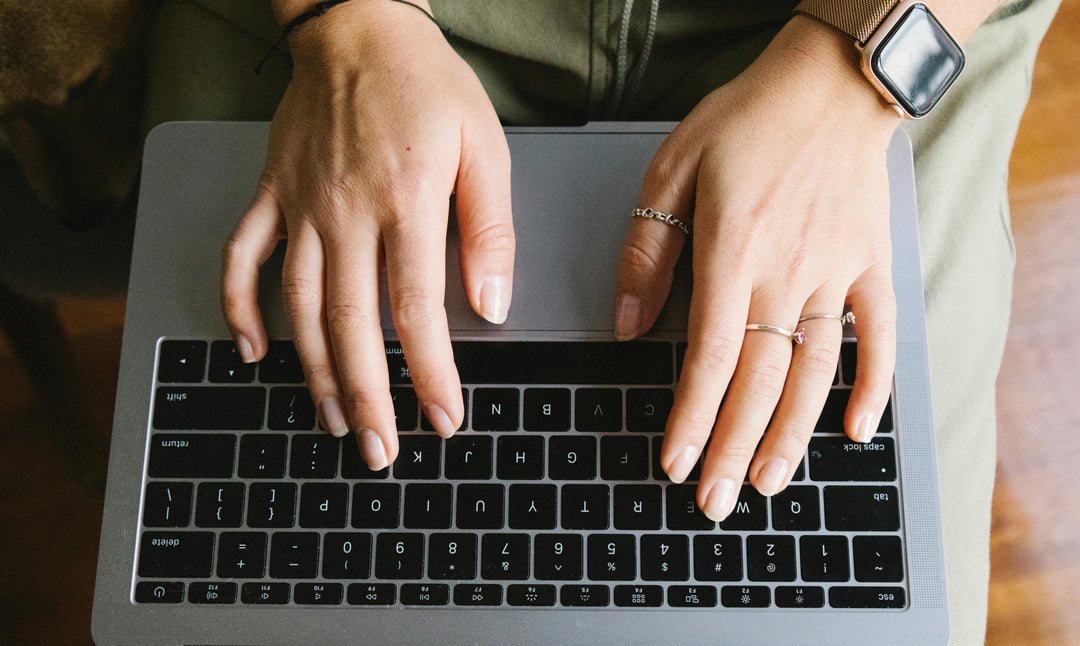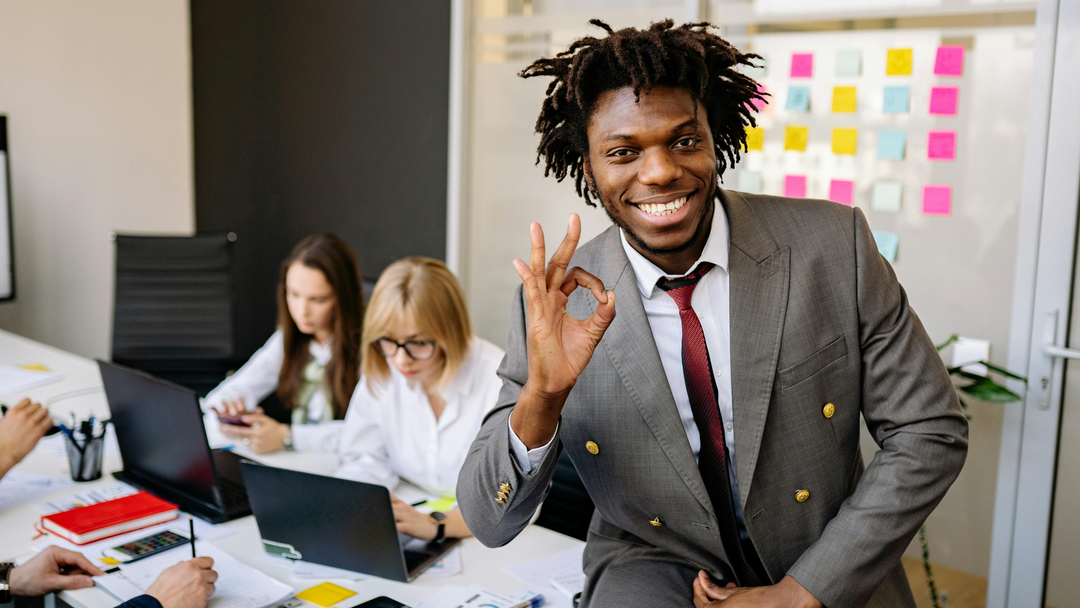Rising Above. The unconventional path to success

We've been sharing Shawn Smith's Trizone article with Luke Willian over a series of posts as we head towards Paris. Take a look at the third instalment: The unconventional path to success.
---
The unconventional path to success
Luke's journey has been marked by a glaring absence of support from Triathlon Australia, the governing body for the sport in his home country. Despite his obvious talent and potential, Willian found himself on the outside looking in, excluded in 2019 from the very programs and resources that are meant to nurture and develop Australia's most promising triathletes .
"I lost QAS funding and it was going towards interstate athletes who had moved to Joel," Willian explains, referencing the well-funded training program run by coach Joel Filliol. "I've been a Brisbane boy all my whole life. And then everyone just moves to these programmes that they set up and get all the support from QAS and then I'm forgotten about."
While Willian has had access to world-class coaching, the lack of comprehensive support systems and resources has presented significant challenges on his path to success. Unlike many of his peers who benefit from extensive support staff and established training programs, Willian has had to forge his own way.
Warwick, who has been a key figure in Willian's corner, is candid about the challenges Willian has faced due to Triathlon Australia's allocation of resources. "Triathlon Australia invested heavily in it’s program in the lead-up to the 2024 Olympics," he explains.
It's a situation that highlights the disparities in support and opportunities within the Australian triathlon system. While some athletes have had access to well-funded programs and extensive resources, Willian has had to carve out his own path, often with limited institutional backing as he wanted to stay with his support network of family, friends and coaches in Brisbane.
But rather than being bitter or discouraged by this lack of institutional support, Willian has used it as fuel for his fire. "… proving someone wrong," he says with a smile. "You proving to them that they should have bet on you, that's pretty good."
This chip-on-the-shoulder mentality has served Willian well. While others might have crumbled under the weight of such blatant discrimination, he has thrived, finding ways to turn disadvantages into advantages.
Without the safety net of a big budget or a pre-established training plan, Willian and his team have had to be creative, resourceful and above all dedicated to the process. They've sought out unconventional partnerships, like the one with the BREWYD team, to provide the support and expertise that Triathlon Australia has failed to offer.
They've also had to be strategic in their approach to training and competition. Without the luxury of a large support staff or unlimited resources, every decision, every investment of time and energy, has to be carefully considered and optimised for maximum effect.
But perhaps most importantly, Willian's unconventional path has given in him the mental toughness and resilience that sets him apart from his more conventionally supported peers. When you've had to fight for every centimetre of progress, when you've had to prove yourself time and again in the face of indifference or outright opposition, you develop a certain unshakable confidence in your own abilities.
As Warwick puts it, "If you really want something and that's the truth of what you want, you'll find a way to get it through that." It's a simple philosophy, but one that Willian has embodied to the fullest.
The Road to Paris: Inside Luke Willian's Olympic preparations
As the 2024 Paris Olympics loom on the horizon, Luke Willian and his coach, Warwick Dalziel, are laser-focused on preparing for the biggest race of their lives. For Luke, this means not just physically gruelling training sessions but also a carefully crafted regimen that balances hard work with mental and emotional well-being.
At the heart of Luke's preparations is his partnership with Warwick. Together, they have devised a training plan that is both rigorous and strategic, tailored to the specific demands of the Paris course. "The course will be a tough one," Willian explains. "The swim has some intricacies that we're starting to add into training."
To prepare for these challenges, Willian and Dalziel have implemented a program that includes increased strength, as well as targeted training to improve Willian's ability to close gaps and navigate in an instance. On the bike, they are focusing on positioning and tactical awareness, with an eye towards the wide roads and potential for breakaways.
But perhaps the most critical aspect of Willian's preparation is his run training. "It's obviously a big focus," he says. "100 km a week is the goal." This high-volume approach is designed to give Willian the endurance and speed he'll need to compete with the likes of Wilde, Pearson, Hauser and Yee.
However, Warwick is quick to point out that volume alone isn't enough. "You can't be overspeed for Hamburg and not be focused on Paris," he cautions, referencing an upcoming race. "You got to be working on your 10 km, not your 5 km. Everyone's still going to run fast in Hamburg. Don't get us wrong, but you got to be doing the following behind it that you don't shorten it up too much."
This balancing act between immediate races and long-term goals is a constant challenge in triathlon training. But for Willian and Dalziel, it's essential to maintain a sense of perspective and enjoyment along the way. "You got to not lose those parts of the prep," Warwick says. "I think it's really important. It doesn't get too serious. It doesn't mean the work doesn't happen, but we're going to make sure there's some fun, too."
This emphasis on enjoyment and camaraderie is evident in the way Willian and his training partners approach their sessions. Whether it's a gruelling 27 km run through the mountains or a leisurely coffee ride, there's always a sense of shared purpose and mutual support. "We got 16 of us going for this afternoon at menu del dia with 3 courses in the beautiful Basque country," Warwick says with a smile. "You got to have that fun. You can't get too serious."
But make no mistake: when it comes time to race, Willian is all business. With the Olympic qualifying race in Yokohama, Luke was strong during the race but just faded in last 1 km but held on for 3rd.
"I'm just going to run as hard as I can and see what happens," Willian said post-race. "That's been the difference, really. I just run off the front and set myself on my own pace."
It's a bold strategy, but one that has paid off in recent races. And as Willian looks ahead to Paris, he does so with a quiet confidence and a steely determination. "I want to be proud of my performance," he says simply. "Again, that to me is leaving it all out there. Every bit of energy I've had out there."
Continued... Leaving a legacy




